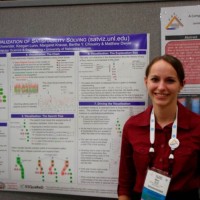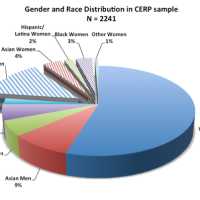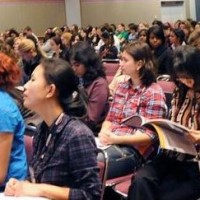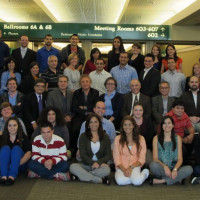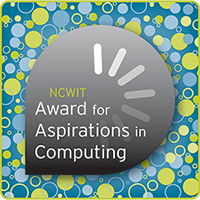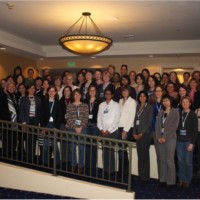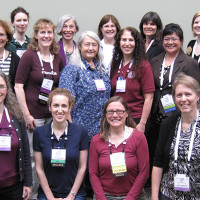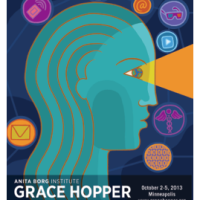
The 2013 Grace Hopper Celebration of Women in Computing Conference
The annual Grace Hopper Celebration of Women in Computing (GHC) is a multi-day conference focused exclusively on the research and career interests of women in computing. GHC is the flagship conference of the Anita Borg Institute and is presented in partnership with the Association of Computing Machinery (ACM). Inspired by the legacy of Rear Admiral Grace Murray Hopper, the architect behind COBOL, GHC was first held in 1994, led by Anita Borg, founder of the Anita Borg Institute (ABI), and Telle Whitney, current CEO of ABI. GHC encourages women to pursue and remain in the field of computer science by providing a wide range of role models, peer-networking opportunities, and up-to-date information on advanced technical opportunities and career paths in computing. The conference offers multiple sessions designed to address specific career development needs of women in computing.


